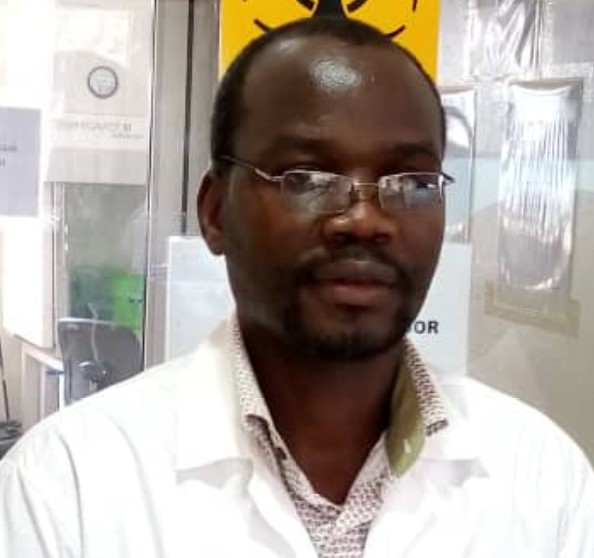

Associate Professor
Jonathan Peter
Current Organisation
University of Cape Town
Current Job Title
Head of Allergy and Clinical Immunology
Biography
Publications
Project Title
IMmune-mediated Adverse drug Reactions In African TB HIV endemic settings (IMARI-Africa)
EDCTP Project
TMA2017SF-1981
EDCTP Program
EDCTP2
EDCTP Project Call
Senior Fellowship (SF)
Host Organisation
| Department | Institution | Country |
|---|---|---|
| Division of Allergology and Clinical Immunology | The University of Cape Town Lung Institute (Pty) Ltd | ZA |
Project Objectives
i. Mentoring and training African students directly involved in this project ii. Conducting extensive networking activities across five sub-Saharan African (SSA) countries iii. Acquiring hands-on expertise in advanced immunology and the relevant bioinformatics analytical pipelines, needed to decipher IM-ADRs, through traineeships to Vanderbilt University Medical Centre (VUMC) iv. Attending specific seminars, both at UCT and VUMC, in advanced genomics, immunology, project and financial management.
Study Design
Observational
Project Summary
The IMARI-Africa grant (IMmune-mediated Adverse drug Reactions In African TB HIV endemic settings) is focused on the study of severe, treatment-limiting adverse drug reactions relevant to African populations. The major aims of the project include to research the epidemiology, and immune mechanisms of these reactions to describe important population-specific features to improve patient management and identify biomarkers that may be used to prevent and predict reactions. Toward this aim the AFRISCAR network has been established – a collaborative network of researchers in Sub-Saharan Africa (SSA) collectively focused on improving the diagnosis and treatment of Immune-Mediated Adverse Drug Reactions (IM-ADRs) in HIV/TB endemic settings of SSA. During the 6th and final year of IMARI, emphasis was placed on finalising validations of provisional SCAR cases and genotyping of samples such that at the end of the grant this globally valuable resource was precision phenotypes for all further downstream clinical and laboratory studies. Our final cumulative targets exceeded expectations including 290 validated SCAR and 611 controls (all sites). In addition, we confirmed alternative diagnosis for an additional 122 cases in the repository, and these will form an important comparative control group for the study of SCAR. Drug causality scoring is ongoing. HLA typing by VUMC has occurred for 99.8% of the registry cases and 98.1% of controls thus far, ERAP typing for 99.8% of the registry cases and 91.4% of controls and KIR typing for 90% of the registry cases and 66.3% of controls. Preliminary findings suggest HLA risk alleles for both Rifampicin DRESS and Pyrazinamide SJS/TEN, and we have submitted for publication our cotrimoxazole HLA association. Period 6 also saw a successful hosting of an AfriSCAR workshop in Tunisia, with emphasis on learning and sharing around the specific issues pertaining to IM-ADRs across Africa. Our research has not only contributed valuable insights to the scientific community, but has also led to the development of multiple MSc, MMED, and PhD students, fostering the next generation of researchers in this critical field. Several collaborative publications have emerged, strengthening outputs of the AfriSCAR network and expanding the global reach of the research. Moving forward, the integration of multiomic data, immune profiling, and genetic analysis will continue to advance the understanding of SCAR and allow for a personalised approach to management with the potential to significantly impact both global health and the clinical management of hypersensitivity reactions.


